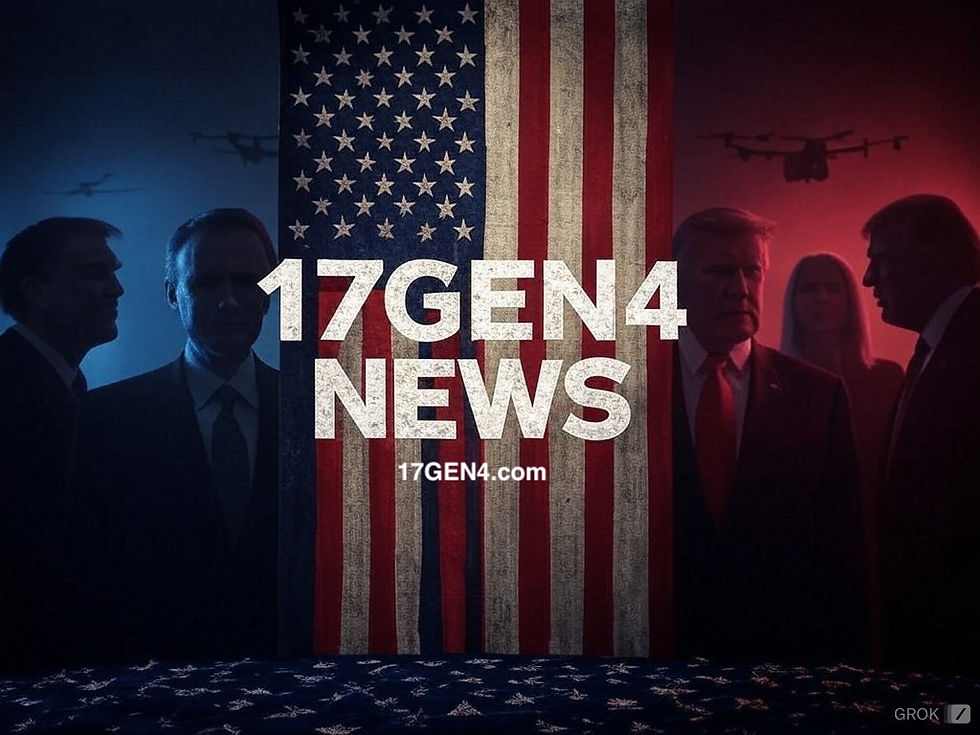Sam Altman Proposes AI-Funded Universal Basic Income: A New Frontier in Financial Equity
- News Machine
- May 13, 2024
- 2 min read
In recent discussions around Universal Basic Income (UBI), prominent figures such as Sam Altman, CEO of OpenAI, have offered innovative proposals to fund this potentially transformative economic policy. Altman, a long-standing advocate for UBI, recently suggested using the vast computational resources of AI as a means to generate income that could be distributed to the public as a form of UBI. This idea marks a significant development in the ongoing debate on how to finance a basic income guarantee for all citizens.
Sam Altman's vision for an AI-funded UBI stems from his belief in the immense potential of artificial intelligence to generate wealth. His proposal suggests leveraging AI's computational power to create new forms of value and income. While the specifics of how this AI-generated income would be distributed to the public remain to be detailed, Altman's proposal represents a novel approach to addressing income inequality and ensuring a basic standard of living for all.
This recent development in the UBI conversation comes at a time when discussions about the role of technology in society are becoming increasingly prominent. As AI continues to evolve, its potential to disrupt traditional economic models and create new forms of wealth has become a focal point of debate. Sam Altman's proposal adds a new dimension to these discussions, suggesting that AI could not only transform the economy but also contribute directly to social equity by funding UBI.
The concept of UBI has long been debated among economists, policymakers, and social scientists. Advocates argue that it could provide a safety net for individuals facing economic hardship, reduce poverty, and stimulate economic growth by increasing consumer spending. Critics, however, express concerns about the potential cost of implementing such a program and its impact on labor markets.
Sam Altman's proposal introduces a new perspective on these debates, suggesting that the very technological advancements driving economic change could also be harnessed to fund a basic income guarantee. While the feasibility and specifics of this proposal will undoubtedly be subject to further scrutiny and discussion, it represents a significant step forward in the ongoing conversation about UBI and its potential to reshape our economic and social landscape.


Comments